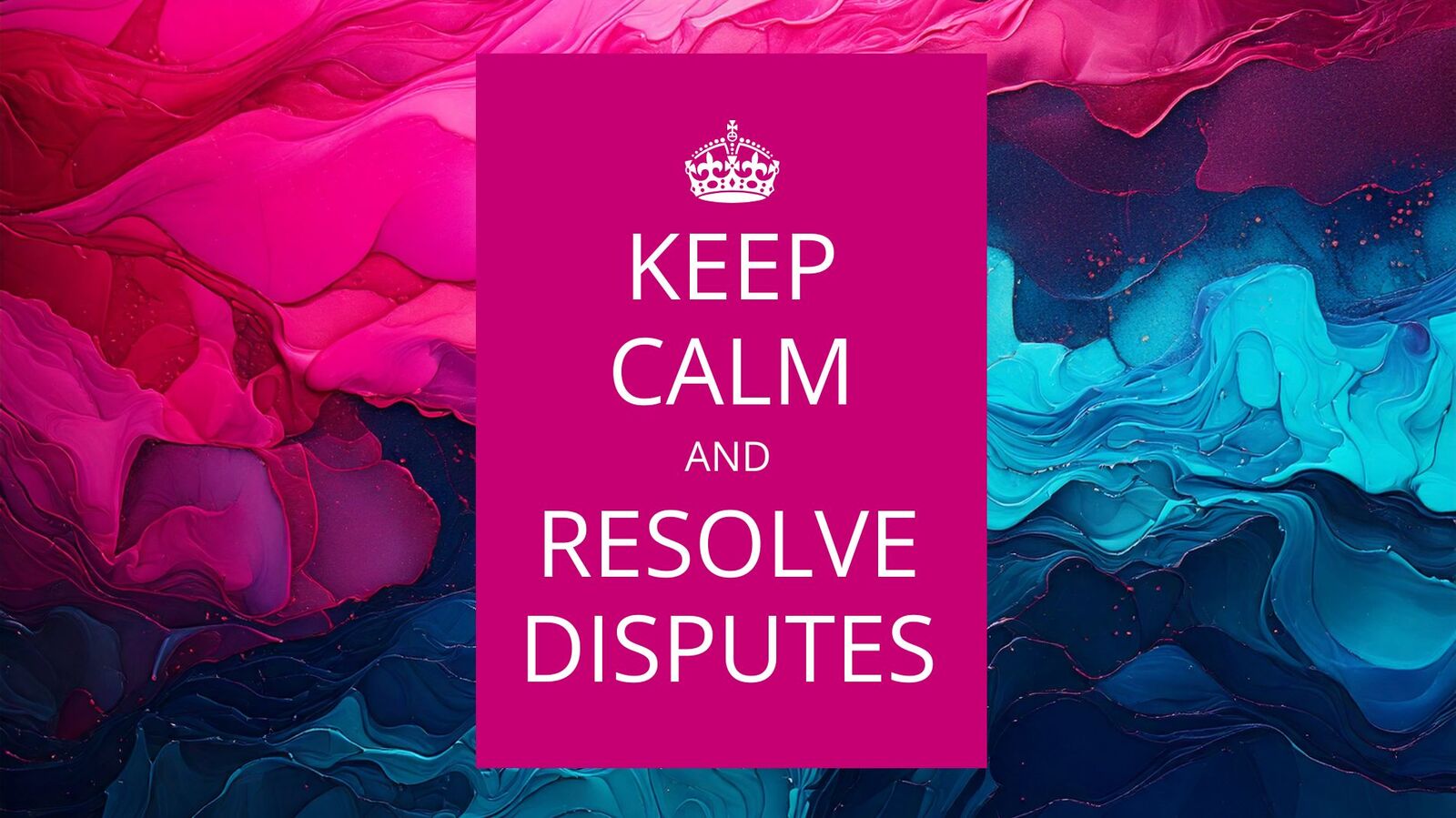
Let’s face it - having a calm, civil discussion about hot topics these days feels like an uphill battle.
We live in a country that values free speech, yet it’s becoming harder and harder to talk about opposing views without things getting heated. Instead of aiming for understanding or finding common ground, it often feels like the goal is just to prove the other person wrong.
Social media doesn’t help either. It amplifies our differences and traps us in echo chambers where we only hear from people who agree with us. That’s why now, more than ever, the ability to truly listen is critical.
Listen to Understand
In my presentation skills workshops, we practice answering questions thoughtfully. I always remind attendees: listen to understand, not just to respond or as Stephen R. Covey said, "Seek first to understand, then to be understood."
As a leader, listening without bias is essential when managing disputes. This means hearing all sides completely and impartially.
Be mindful of your body language too. Simple gestures like nodding or saying "I see" might unintentionally signal agreement and could escalate tensions instead of easing them.
Practice Active Listening
Listening isn't just about hearing words or being silent while others speak; it's about engaging. Active listening means asking questions, clarifying points, and confirming you've understood what's being said.
Only when you fully grasp the perspectives (and the emotions behind them) can you guide people toward a solution that works for everyone. Plus, active listening builds trust - a key ingredient in resolving conflicts effectively.
Stay Neutral
This is probably the hardest part of mediating disputes as a leader: staying neutral. Your role isn't to pick sides; it's to guide everyone toward resolution. Show empathy, but don't let it sway your impartiality.
Dig Deep
When you're helping resolve a conflict, don't just rely on what people say - do some digging. Investigate the facts and get a clear picture of the situation. By taking the time to research independently, you'll be better equipped to make informed decisions about next steps.
Keep Your Cool
Emotions can run high during disputes, and tempers can flare quickly. As a leader, your ability to stay calm can make all the difference.
One great technique is mirroring - slow down your speech and keep your tone even and composed. People tend to unconsciously match your energy, so this can help de-escalate tension.
And sometimes a simple timeout works wonders. Whatever you do, avoid shouting - nothing productive comes from yelling matches.
Leadership means navigating conflicts with grace and reason. By listening impartially, staying calm, and grounding yourself in facts, you can help guide your team through even the toughest disputes.

